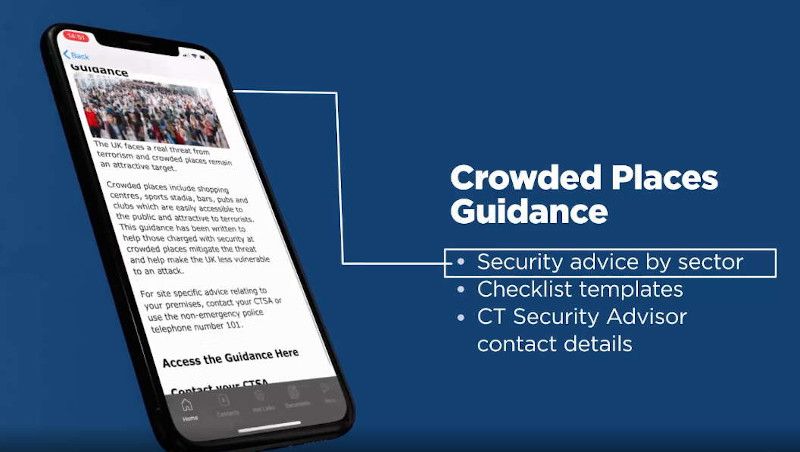Lockdown highlighted the acceleration in the growth of online sales of practically all goods and services. The primary enabler is the app.
For the generation brought up using devices, these apps are a no-brainer way to run their lives in so many areas – chat with mates, shopping, networking, education, exploring the world around them.
And it’s no coincidence that many of these large companies have increased their business and profits during the pandemic – companies such as Deliveroo, Netflix, Facebook, Instagram, Amazon and eBay for example.
We feel the government has scope to compete, to create social value and benefit us all.
The huge hidden side to these apps
Apps on our phones are just the tip of the iceberg, the bit that we see. Beneath the surface are complex and sophisticated computer systems – what is called the back-end.
That is what feeds the information to a user’s device and receives the user’s interactions to convert them into sales orders, for example.
At the same time, a vast amount of information is being built up about us users. This data is extremely valuable for marketing purposes. Companies use these insights to build sales and benefit financially. They could be equally valuable to government to interpret our activity, emerging trends, and identify areas for action.
For example, food delivery apps indicate dietary profiles. Everything from supermarket grocery shopping to fast food takeaways.
There is nothing sinister or inherently bad about all this data gathering. It has always been part of marketing. Knowing your audience is a vital first step in giving them what they want.
The point is that is a gold mine of useful information that could and should be shared and analysed to drive high level policy decisions, initiatives and actions to improve the country.
Software companies have this data – why shouldn’t we?
The government sold our NHS data to an American software company recently. The purpose was not shared with us but it is very likely related to health insurance, pharmaceutical sales and privatisation in general.
It illustrates that our information is valuable. It’s worth millions. It should be used for more than merely generating profits for corporations.
We know how little tax many of the global companies pay. Amazon is a prime example. The vast profits leave the country and go straight to the shareholders. Other than making shopping online easier, Amazon contributes nothing to the good of the country, even exploiting the workforce with zero-hours contracts at its warehouses, which the government subsidises through tax credits.
The government is letting them off lightly. At the very least it could request access to the data that their apps collect.
Taking it a step further, the government could even create its own apps to compete with corporations in certain areas in the sense of offering better value to consumers.
Government and Local Authorities could have similar marketing reach
Technology is evolving at a rapid race and government needs to at least explore the idea of producing in-house apps, especially those that affect their citizens. Eventually, software companies will have records of everything including health records, citizen information etc. And we, the users, are blissfully unaware of their other areas of business or how or data is being exploited.
With the right app, you can transform your phone or tablet devices into a movie theatre, graphic design canvas, mobile workstation, or nearly anything else designed for work or play.
The attraction is obvious and it requires only focussed initiatives to identify areas of our lives that could be enhanced for the benefit of all.
Local authorities do a very good job of outreach to citizens through websites that are improving at a rapid pace. They understand the benefits. Some joined-up thinking is needed to take the best features of the leading councils online presence and make it available to all parts of the country.
Apps do trigger user activity
Exercise was one of the earliest lifestyle areas that apps were developed for. Popular though they were, nobody knew for sure whether or not they made an iota of difference to the lives of people who downloaded them to their phones.
It turns out that they do indeed trigger higher activity and exercise levels. Apps do work, especially when they are well thought out and designed to solve specific problems.
Here are some examples of valuable public service apps – more are needed
Counter-Terrorism Policing
Action Counters Terrorism (ACT) app.
Intended for businesses, not individual members of the public. It offers practical advice and guidance to help you protect your business, plus information on how to respond in the event of an attack
It has been described as “an example of how collaboration and integration between police and the private sector can enhance national security and collectively work to make all communities safer.”
Watch the short video here to get a sense of what the app does.
HMRC
The HMRC app gives you instant access to interact with the tax authorities, calculate tax due and refunds, track correspondence and more.
Education
There are so many apps in this field that it needs a central starting pint t sift through those that are relevant to your situation. You can start here at Hungry Little Minds.










